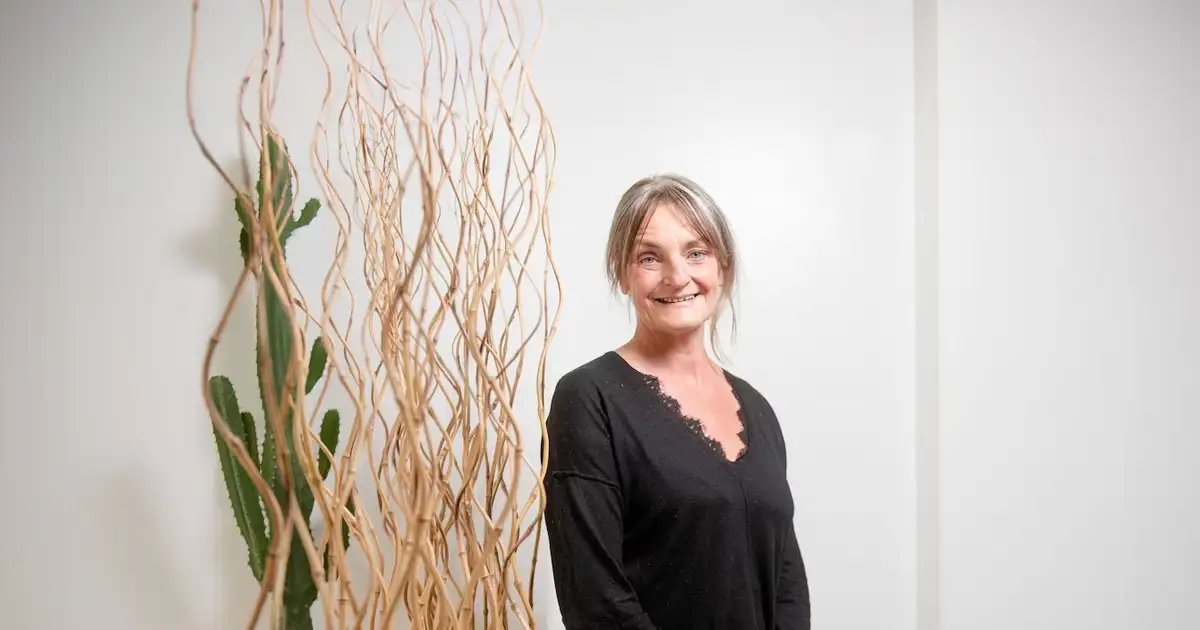Exclusive Interview: Magali Clavie (GC) discusses recent law changes
In an exclusive interview with Gambling Club, Magali Clavie, president of the Gaming Commission, discusses the recent changes in Belgian gambling legislation and what this means for both players and providers. From the ban on bonuses to the fight against illegal gambling sites, Clavie provides insight into the challenges and opportunities within the gambling sector in Belgium.
September 1 is behind us, there have been a number of major changes such as the ban on bonuses, the ban on multiple activities on the same website and an increase in the minimum age. How do you look back on this?
This is a law that has been in the making for a few years. The text contains some useful measures to protect the player, but on the other hand also leaves room for interpretation, which creates difficulties in its application, including for the ban on bonuses.
Some websites that offer games of chance have been split. Casino games and bets are now no longer available on the same platform, and players must create a separate account for each platform.
The minimum age has been set at 21 for all games of chance, except for the games of chance offered by the National Lottery. The Gaming Commission was in favor of equalizing the age. We know that adolescents and young adults are naturally more inclined to engage in risky behavior, which could translate into problematic gambling behavior later on when gambling. It is only regrettable that this tightening, just like the regulations on advertising, does not apply to the National Lottery, at least when it offers similar games.
The new law bans the so-called ‘3.3 devices’. This is a good thing, because these devices used to fall under an exemption provision that was actually only intended for card games and board games. We were clearly asking for this abolition. These devices were very accessible and were often located in locations where many young people gather.
Did you notice any resistance from operators and are you satisfied with the compliance with this?
Operators have expressed doubts and criticism about certain measures, fearing that they will weaken rather than strengthen player protection by making their offers less attractive than those of illegal sites. They also deplore the discrimination compared to the National Lottery. In saying this, they have generally taken the necessary measures to be in order.
Another sticking point was the fact that the transition period for the entry into force of the new rules was very short, including for the splitting of the websites and the adaptation of all gaming machines in cafés. This has caused difficulties in the timely implementation of the measures.
Player protection
How does the Gaming Commission evaluate the effectiveness of the recent measures to protect players?
It is still too early to be able to evaluate the impact of the measures on player behavior.
The splitting up of the online platforms is already a concern for us. Where a player used to have one account with an operator that offered both casino games and betting, he now has to have several in order to be able to use the different services. This also means that the player gets a new weekly deposit limit of €200 for each additional account. There is therefore a risk that this measure will be counterproductive.
“It is still too early to be able to evaluate the impact of the measures on player behavior.”

Are there plans to take additional measures in the area of player protection?
From 2026, identity checks will also be required for sports betting offered in newsagents. As a result, excluded players who are included in EPIS will no longer be able to go there either.
There are still various options to better protect players. For example, there is no further regulation for online gambling yet. The Gaming Commission has published 10 recommendations that the future government can use when developing this regulation.
Illegal offer
How does the Gaming Commission evaluate the recent change in the channeling degree of the Belgian gaming market?
Combating illegal providers targeting Belgian users remains one of my priorities. Since my appointment in 2020, our blacklist of blocked websites has grown from 173 to 533. In addition to these blocked websites, there are dozens of websites that have spontaneously blocked access from Belgium via geolocation after we sent them a notice of default.
Regulatory or legislative measures must also be taken to prevent money from being deposited on illegal websites. Cooperation between the banking sector is also necessary.

“Combating illegal providers targeting Belgian users remains one of my priorities.”
The advertising ban makes it very difficult for legal operators to put their foot down next to the abundance of advertising from illegal providers. How do you combat this phenomenon?
We work with large tech companies such as Meta and Google to which we can report advertising for illegal providers, which they then remove from their platforms. These types of collaborations are still in their infancy but seem to be delivering good results. However, that remains a real Sisyphean task!
Research by Ipsos revealed that more than 1 in 3 players do not really recognize the difference between legal and illegal offers. How do you want to ensure a higher channeling rate to legal offers?
On the one hand, legal websites must be able to remain attractive with player protection as a priority. On the other hand, we must continue to inform and repeat the difference between legal and illegal offers and the risks of the latter.
Are there plans to work with banks, for example, in the fight against illegal offers? Many illegal providers accept specific Belgian payment methods such as Bancontact.
Banks and payment providers can play a very valuable role in protecting players. Unfortunately, there is currently no legal provision to make use of these possibilities. It seems to me to be one of the most important challenges in the short and medium term.
- For example, banks could help block transactions to illegal operators.
- Good cooperation with banks can also strengthen protection against money laundering.
Supervision and Sanctions
What steps does the Gaming Commission take to effectively detect and block illegal gambling sites, and what are the biggest challenges in this regard?
The Gaming Commission continuously monitors the online gambling market and proactively searches for illegal websites. If we come across an unlicensed website, we send the operator an order to stop operating in Belgium. This often means that the operator must close its website to Belgian users. If the website has a license in Europe, we also inform the regulator of that country.
If the operator does not comply with our instructions, we start a sanction procedure.
A difficulty here is that operators are often established outside Europe. That is why collecting fines is not always easy. That is why we also keep a blacklist of websites that offer illegal gambling. We pass this list on to internet providers, who block the website in Belgium.
We still see many operators with loyalty programs. Is there no clear legislation that states that these programs only apply to A-licenses?
The Gambling Act prohibits operators from offering gifts to players. This also includes bonuses and other benefits that influence player behavior. The law has introduced this general rule, but does not specify exactly which practices it applies to. We have organized a consultation of the sector, and we will publish a position in the coming days. Afterwards, we still have to evaluate how this can be correctly applied by the operators.


